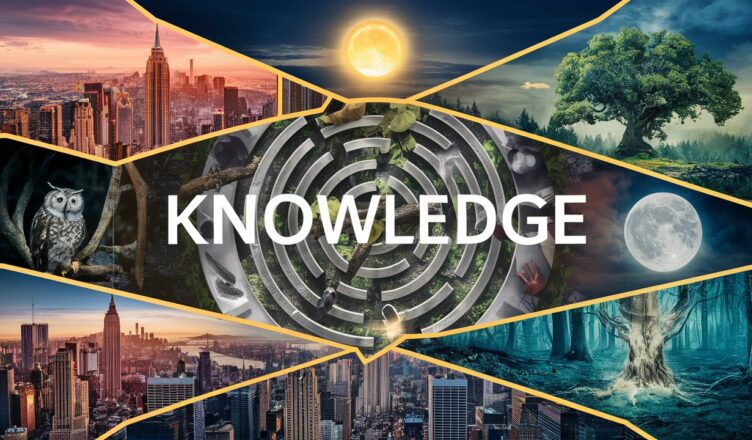Knowledge is a multifaceted concept that encompasses a wide range of forms, each with its own unique characteristics and applications. Here are some common types of knowledge:
- Explicit Knowledge: This is formalized, codified, and easily transferable knowledge. It is typically documented and can be conveyed through language, symbols, or numbers. Examples include textbooks, manuals, databases, and procedural documents.
- Tacit Knowledge: Tacit knowledge is highly personal, experiential, and difficult to articulate. It is deeply rooted in individuals’ insights, intuitions, and personal experiences. This type of knowledge is often implicit and can be challenging to formalize or communicate. Skills such as riding a bicycle or playing a musical instrument are examples of tacit knowledge.
- Procedural Knowledge: Procedural knowledge refers to knowing “how” to do something. It encompasses practical skills, techniques, and methodologies for performing specific tasks or activities. This type of knowledge is often acquired through hands-on experience and practice.
- Declarative Knowledge: Declarative knowledge involves knowing “what” something is or understanding factual information. It includes concepts, principles, facts, and theories that can be explicitly stated and communicated. Declarative knowledge forms the foundation for understanding various subjects and disciplines.
- Implicit Knowledge: Implicit knowledge is unconscious or subconscious knowledge that individuals possess without being aware of it. It often influences behavior, perceptions, and decision-making processes. Implicit knowledge can be challenging to articulate or express explicitly.
- Cultural Knowledge: Cultural knowledge encompasses the beliefs, values, customs, traditions, and norms shared by a particular group or society. It includes understanding social dynamics, cultural practices, and historical contexts that shape collective identities and behaviors.
- Domain-Specific Knowledge: Domain-specific knowledge refers to expertise and specialized knowledge within a particular field or discipline. It includes technical skills, terminology, and best practices relevant to specific professions or industries.
- Meta-Knowledge: Meta-knowledge, also known as knowledge about knowledge, involves understanding the nature, structure, and limitations of knowledge itself. It includes critical thinking skills, epistemological awareness, and the ability to evaluate and analyze information effectively.

